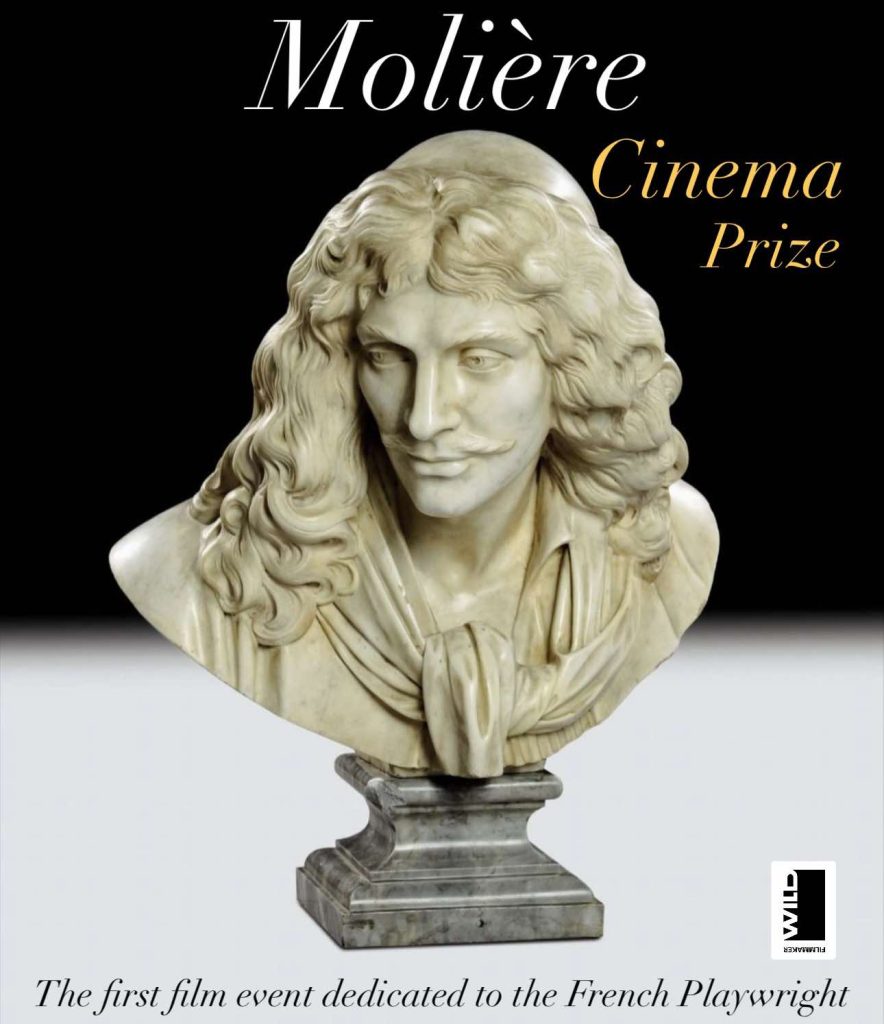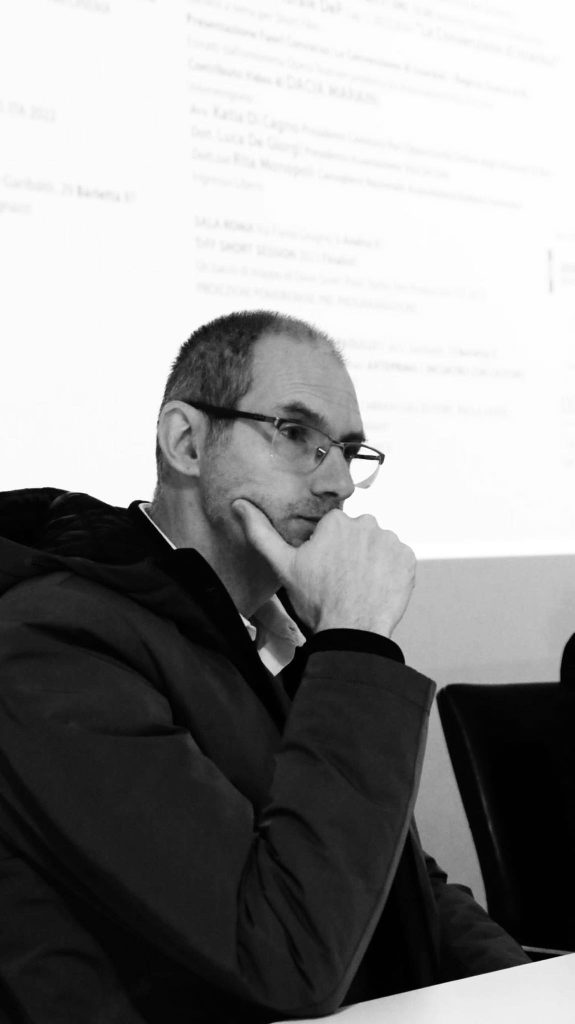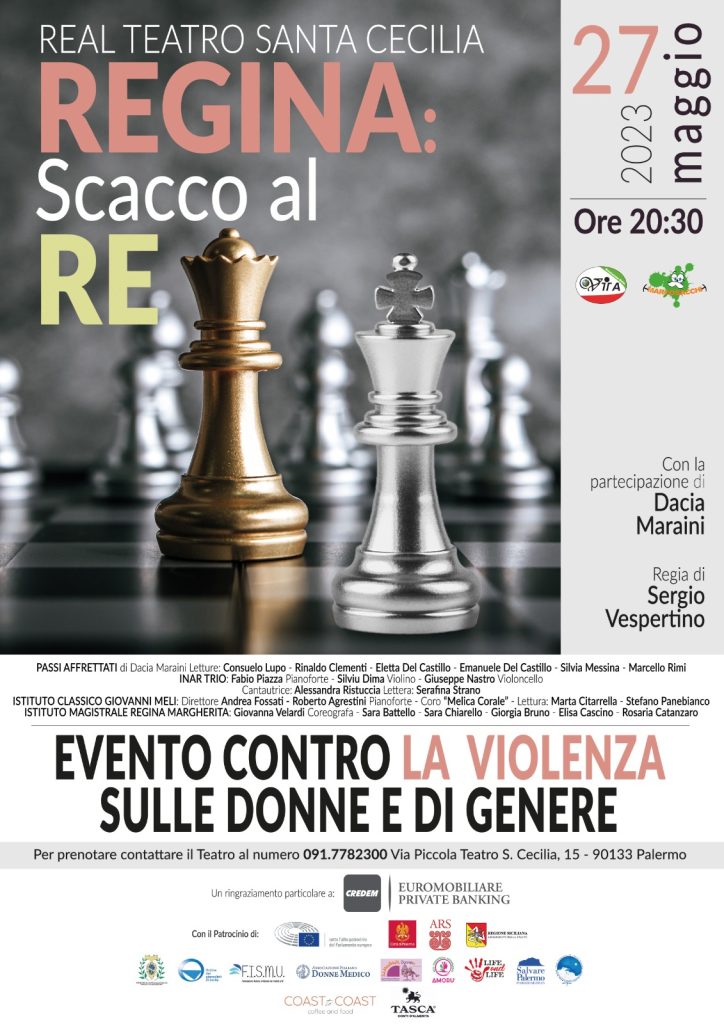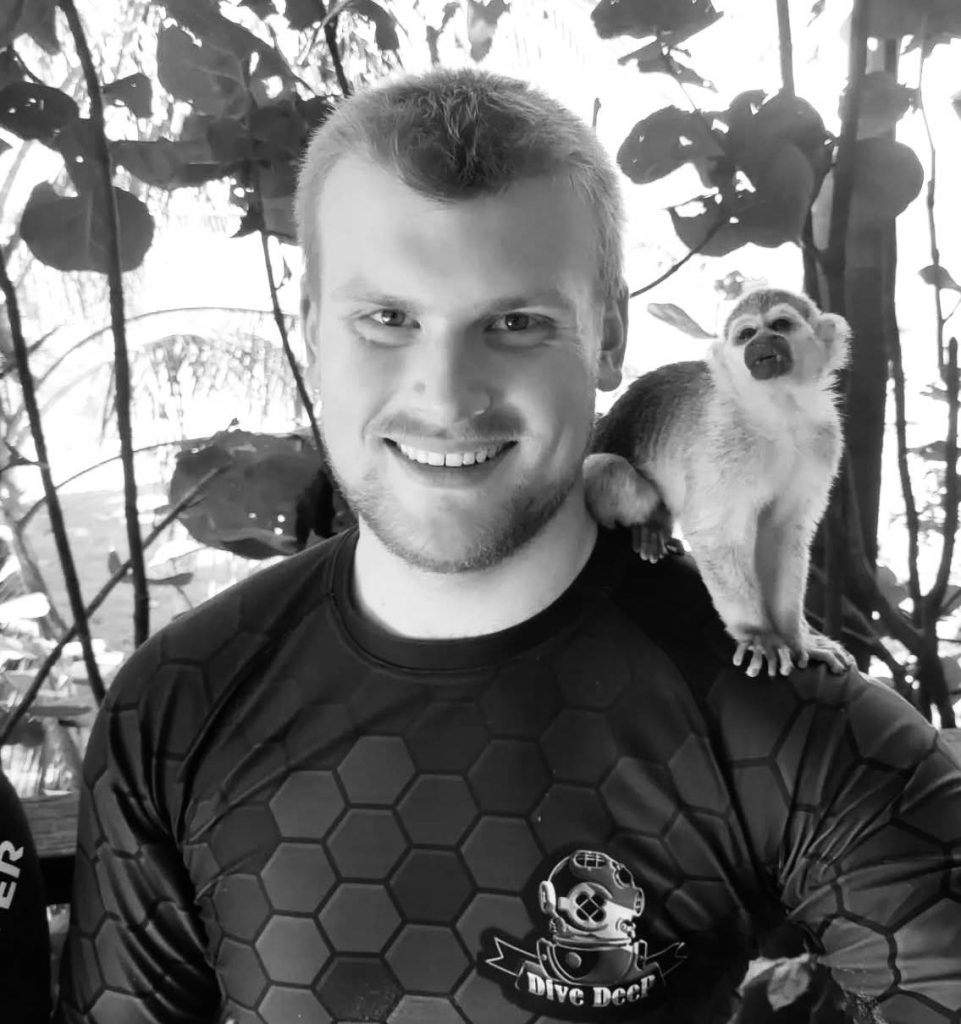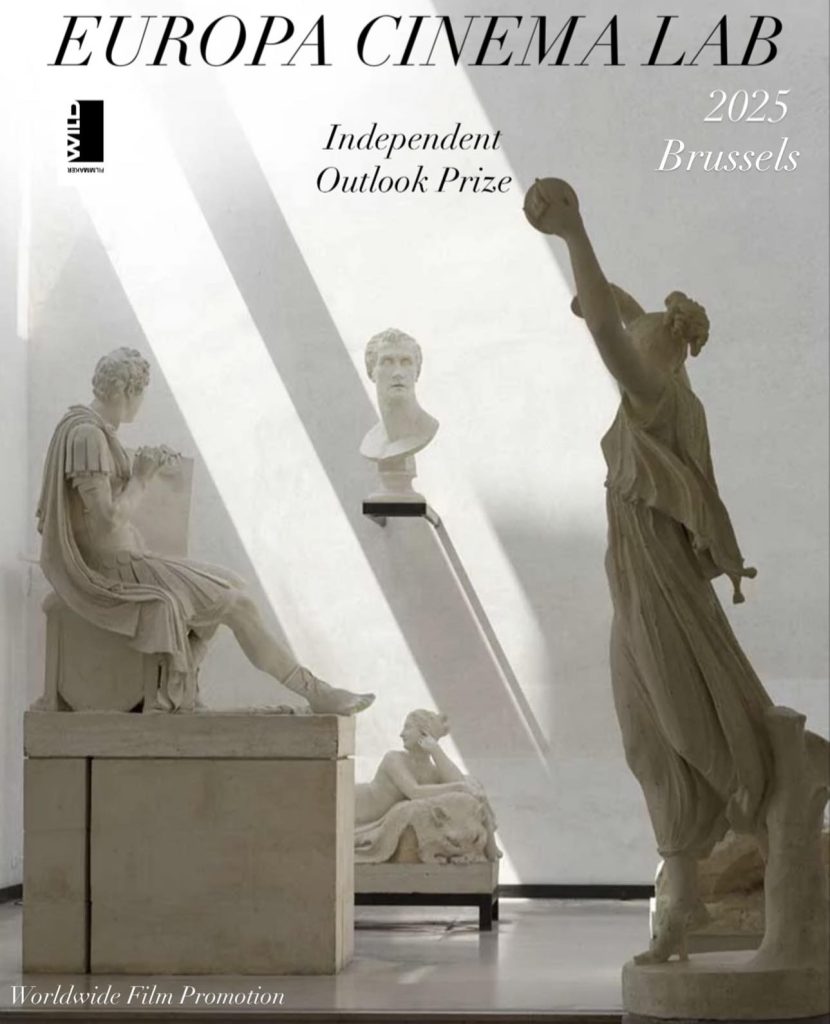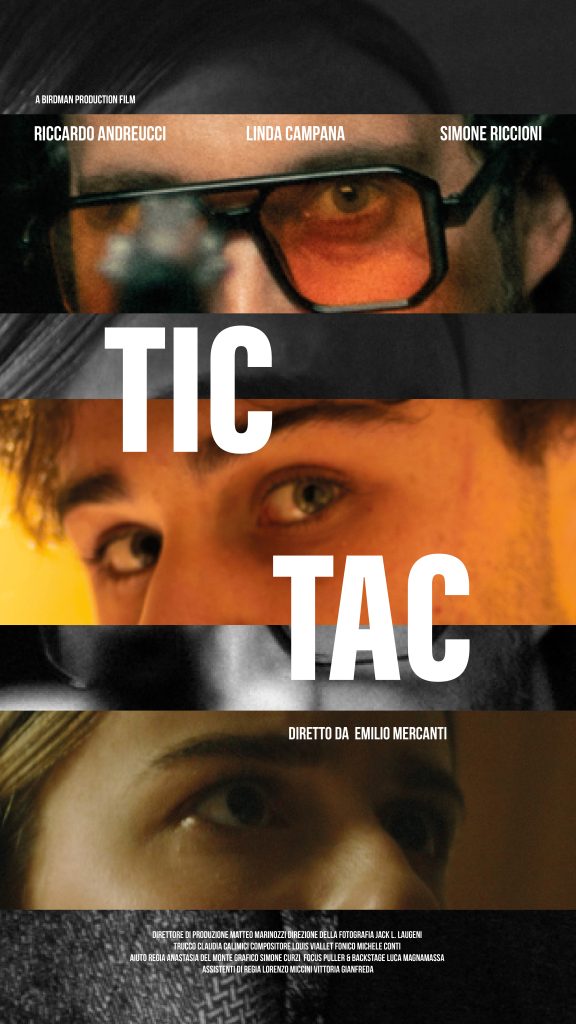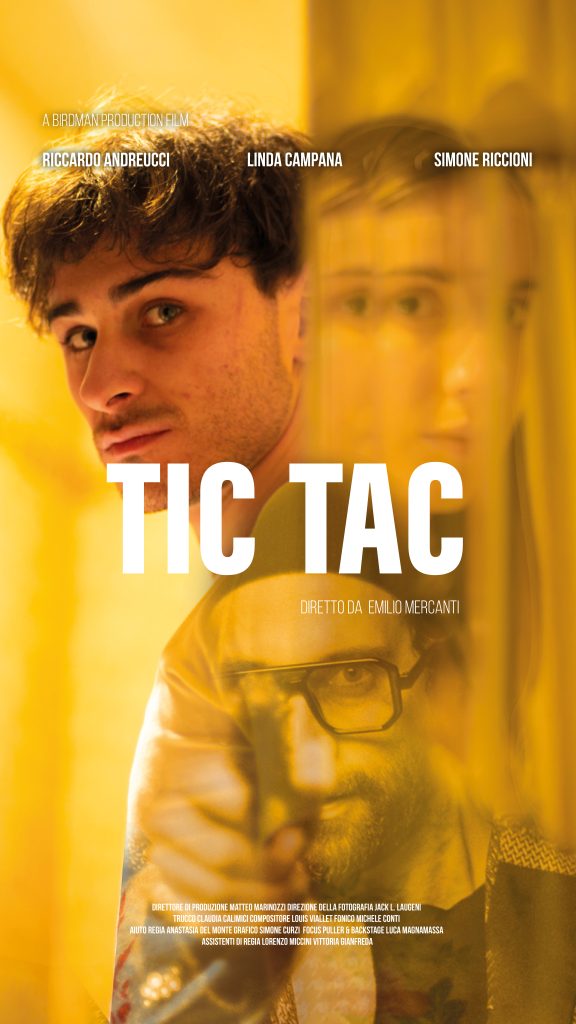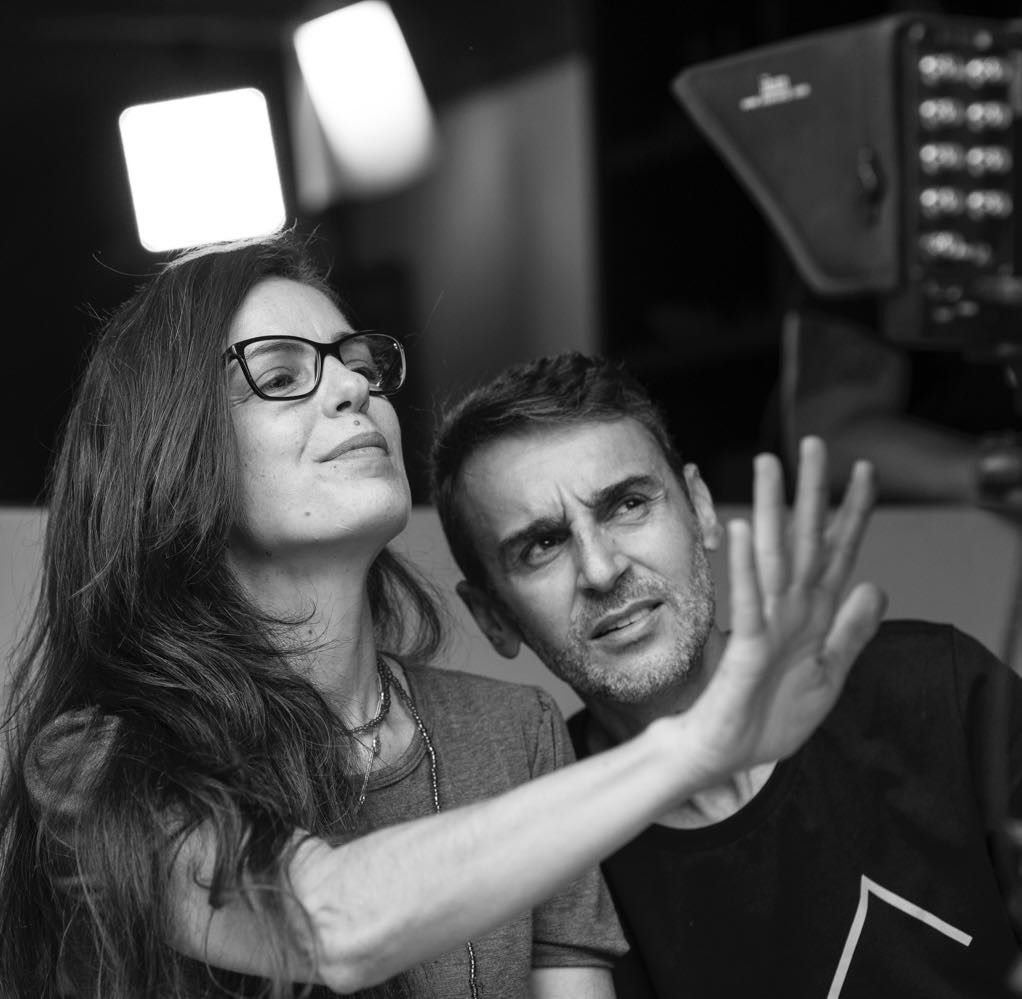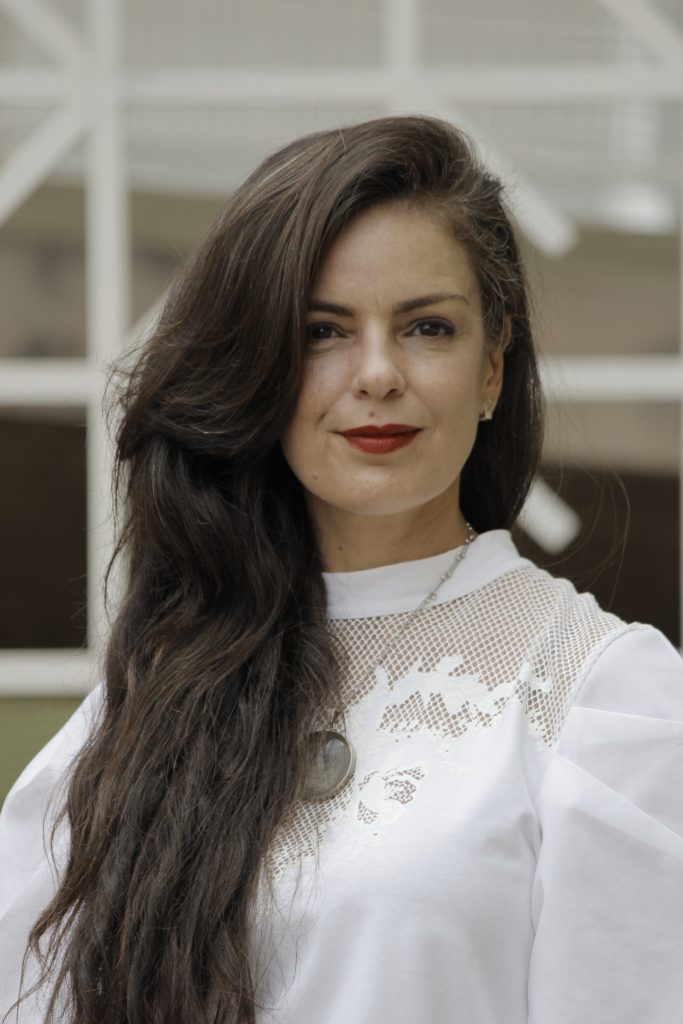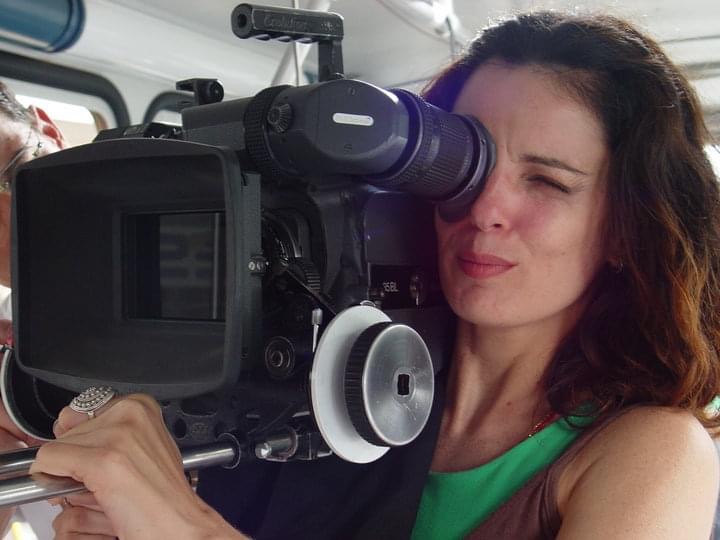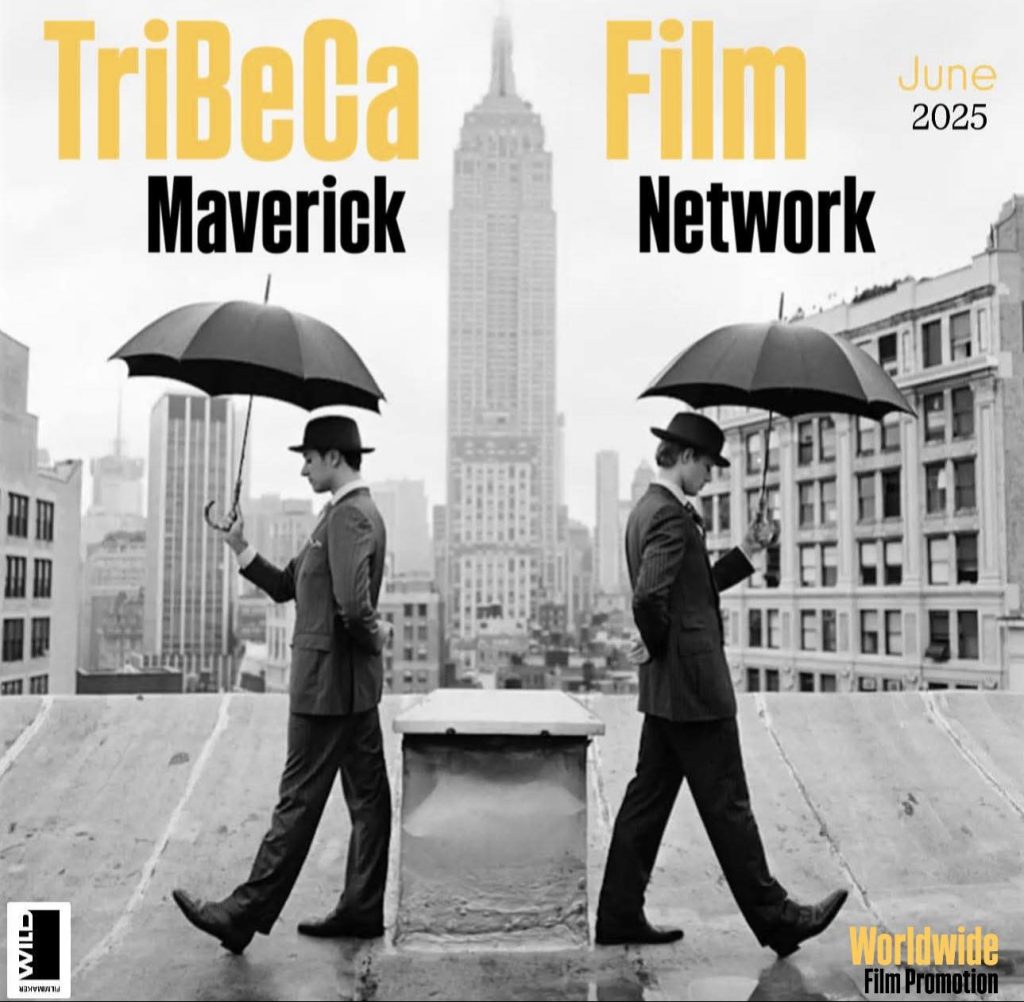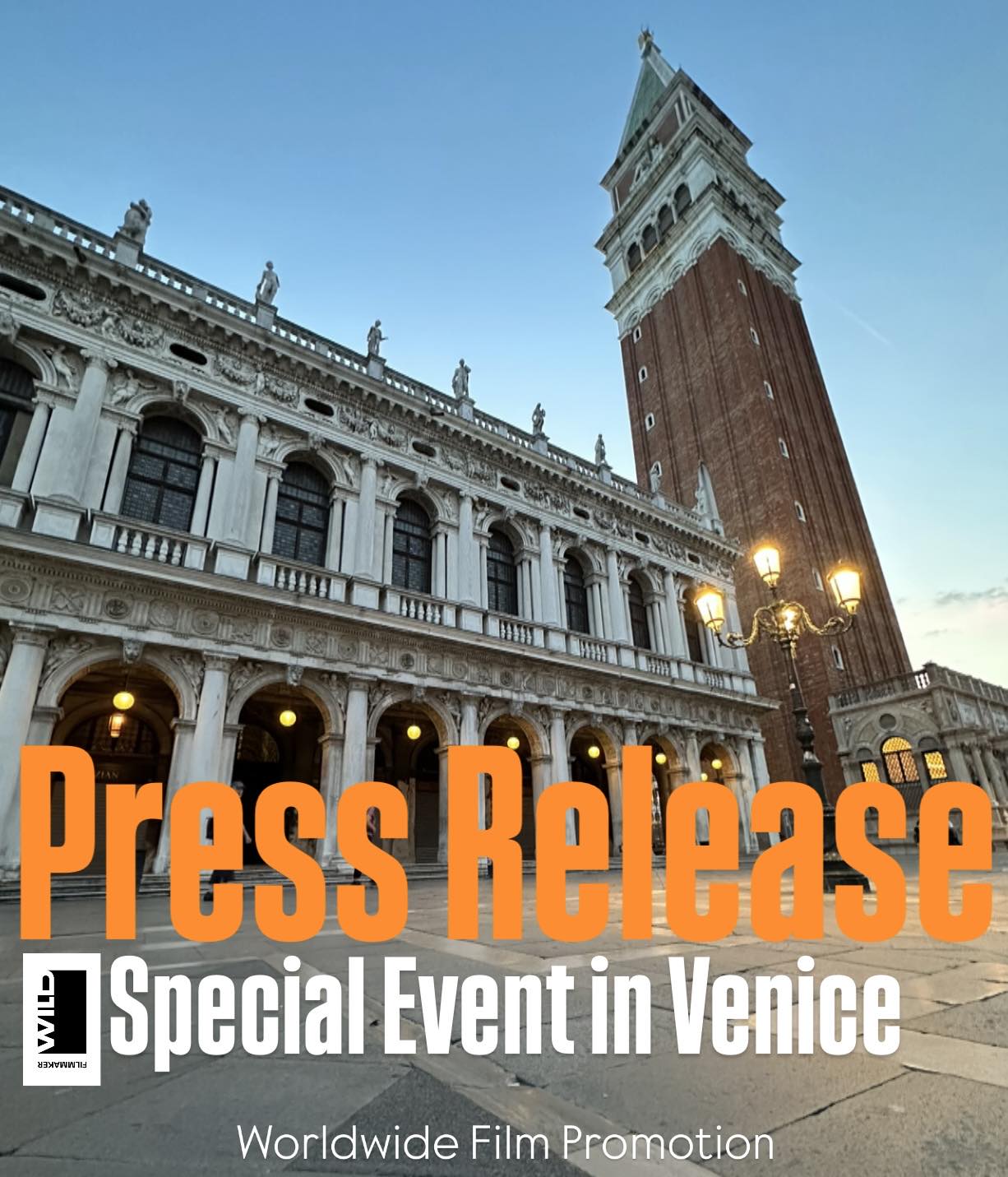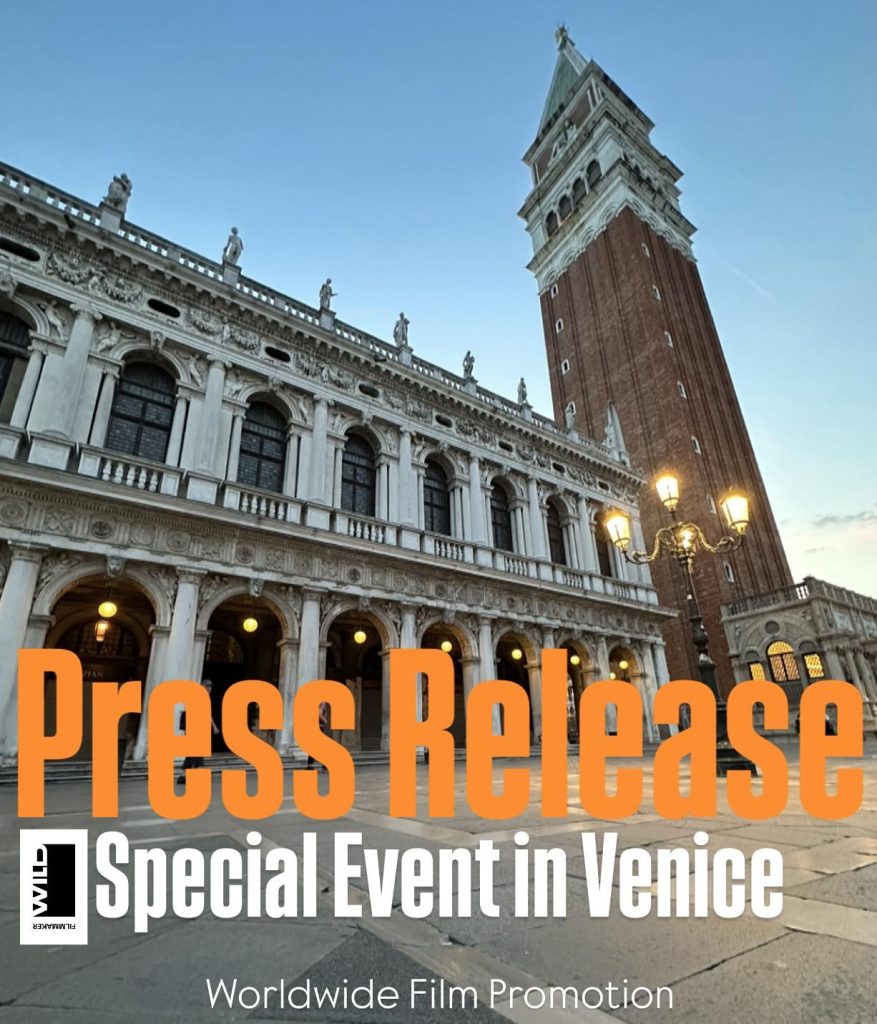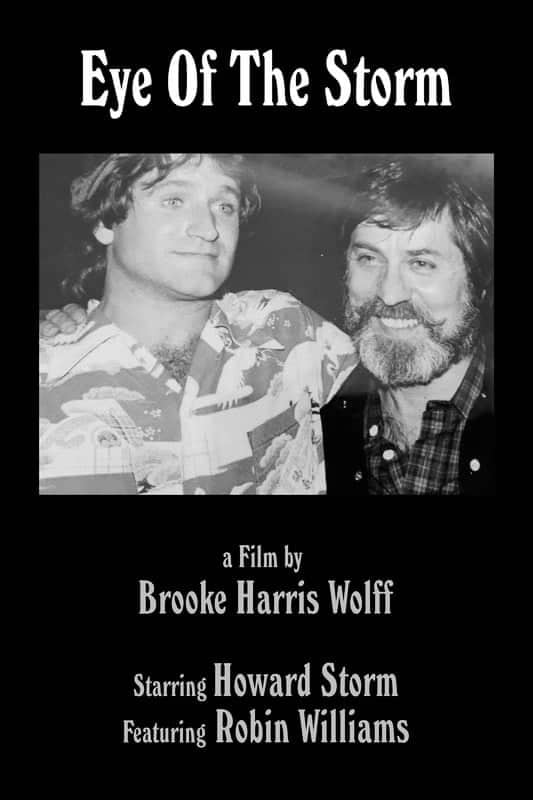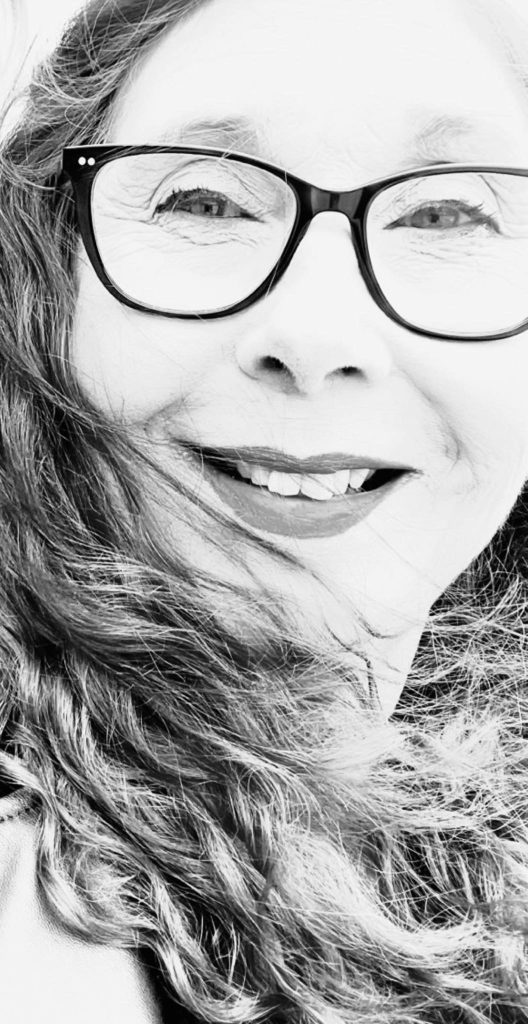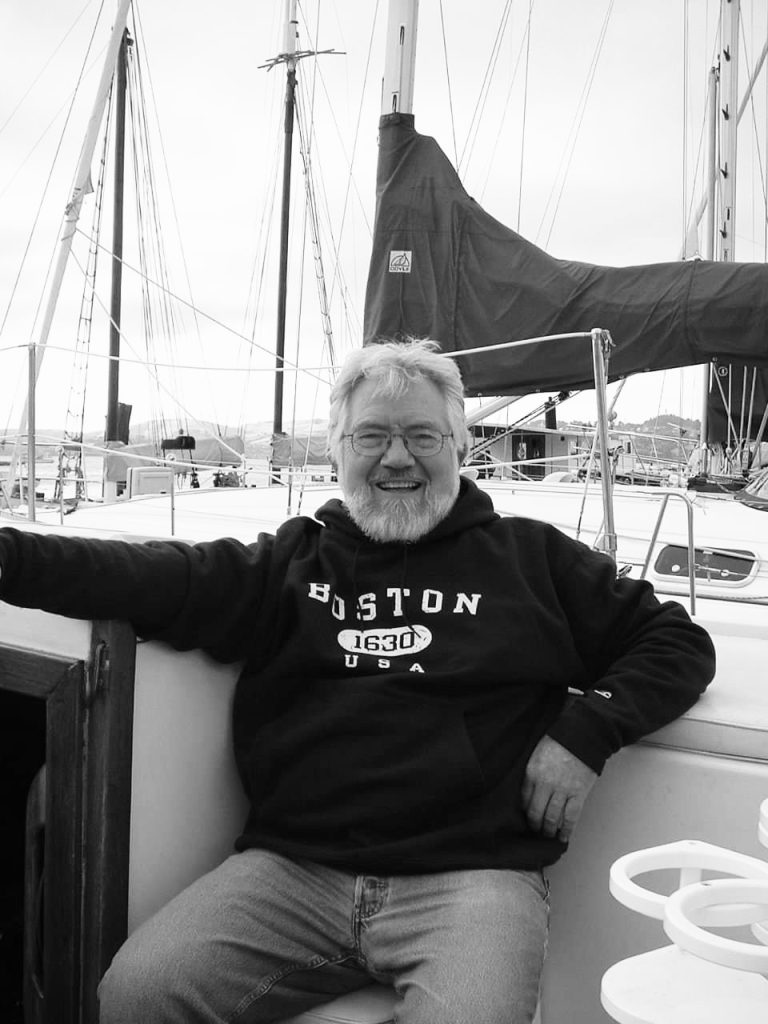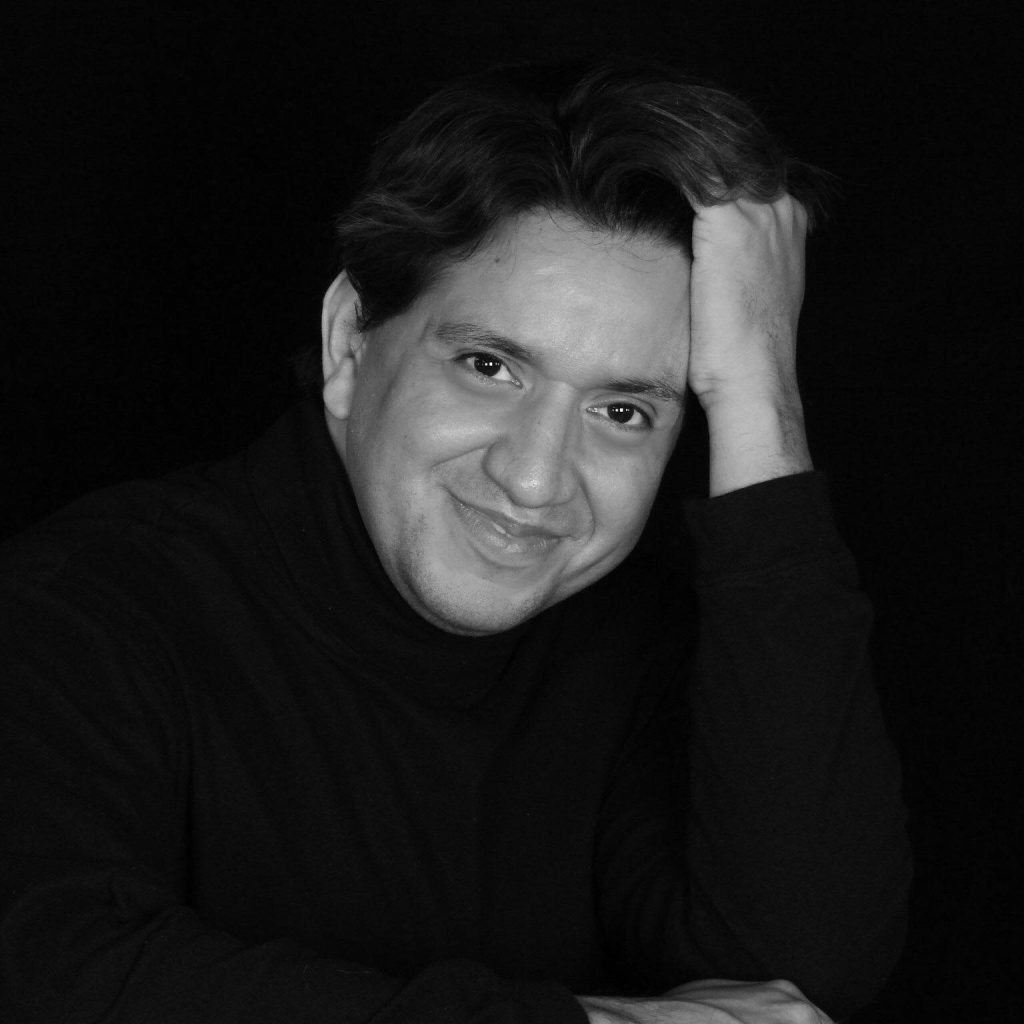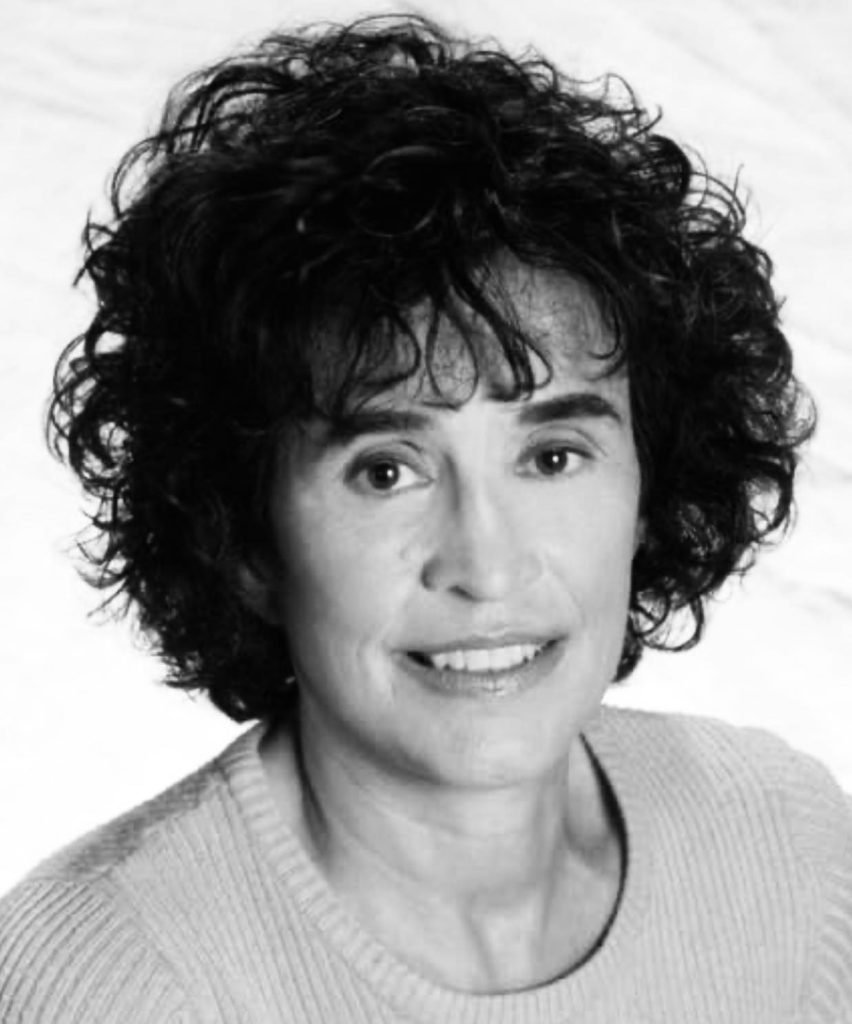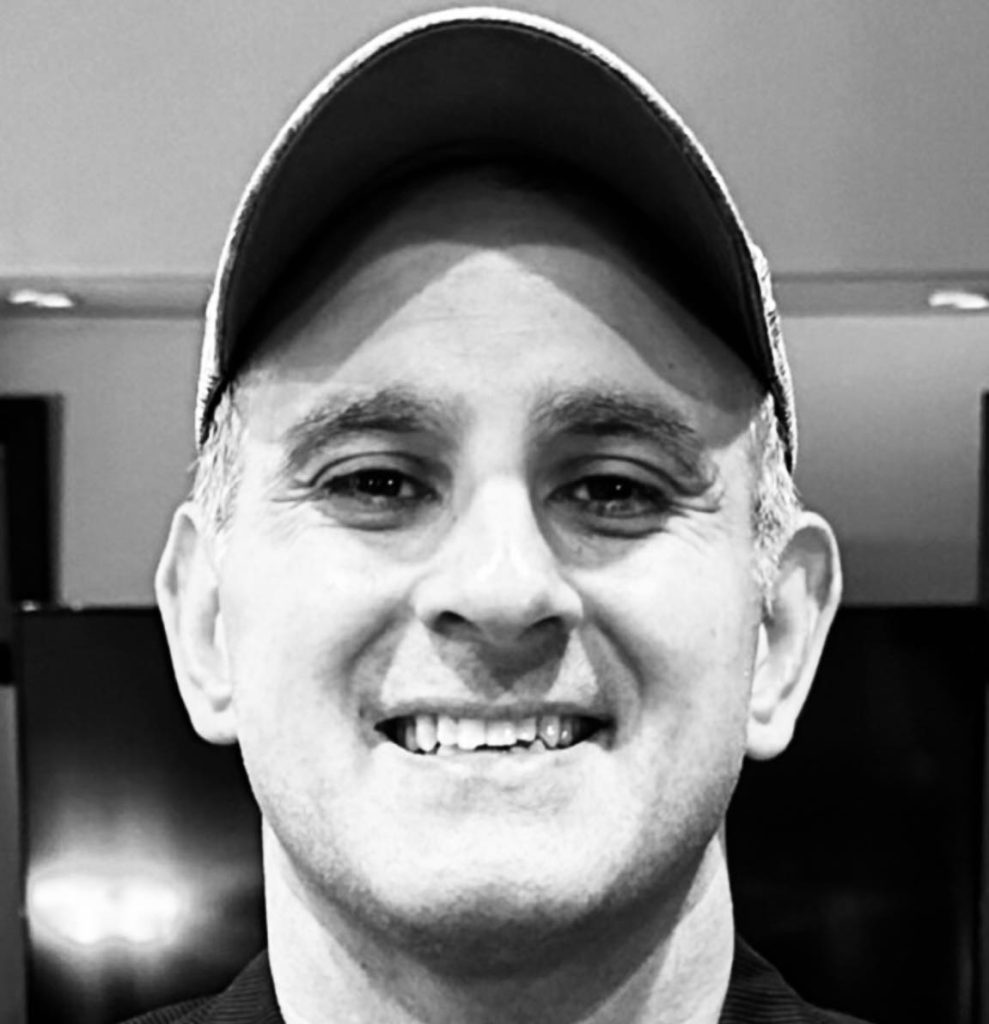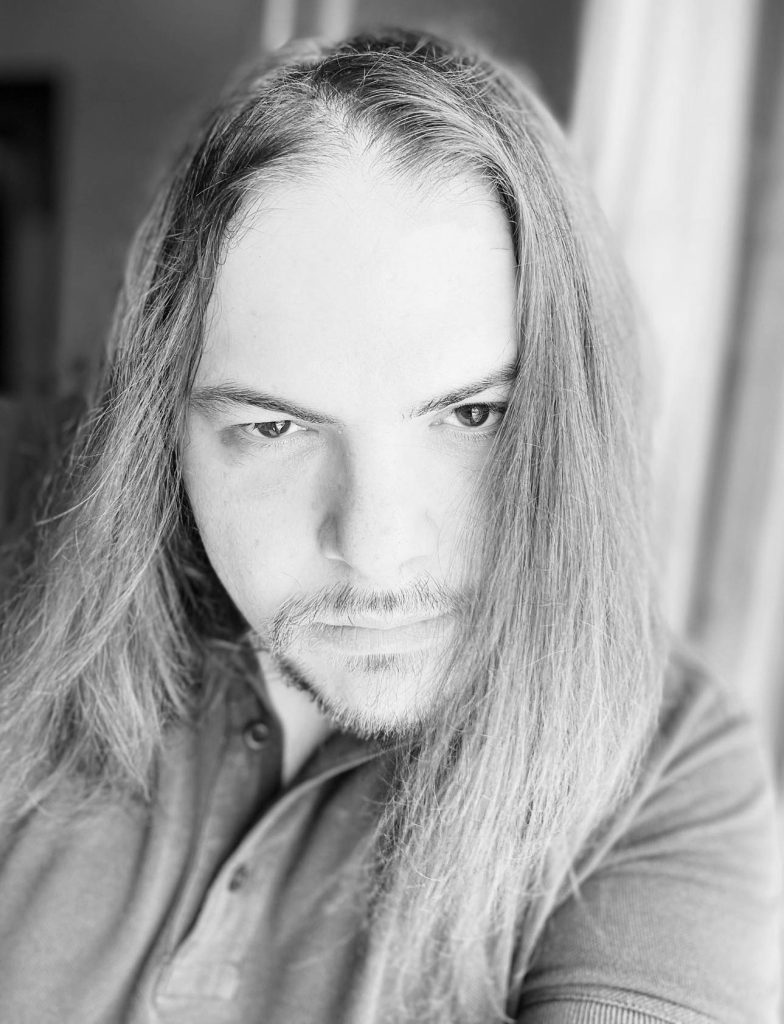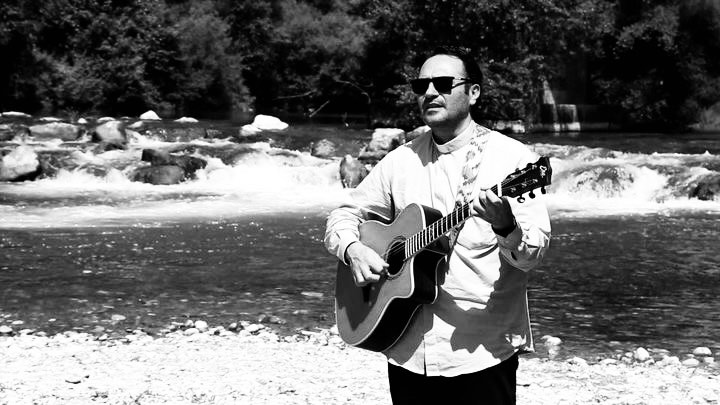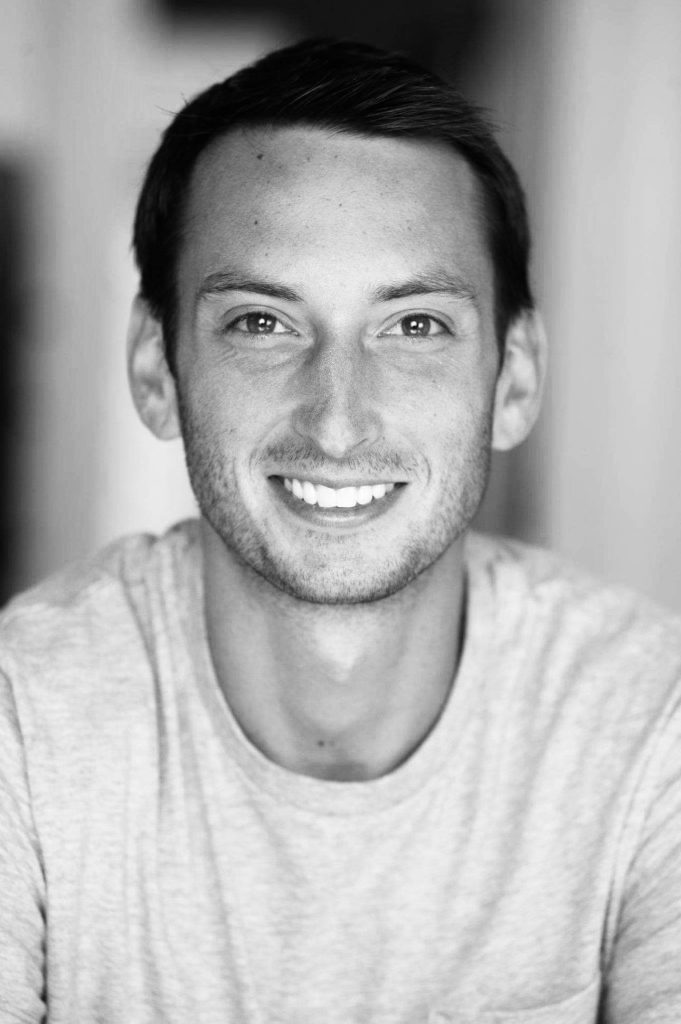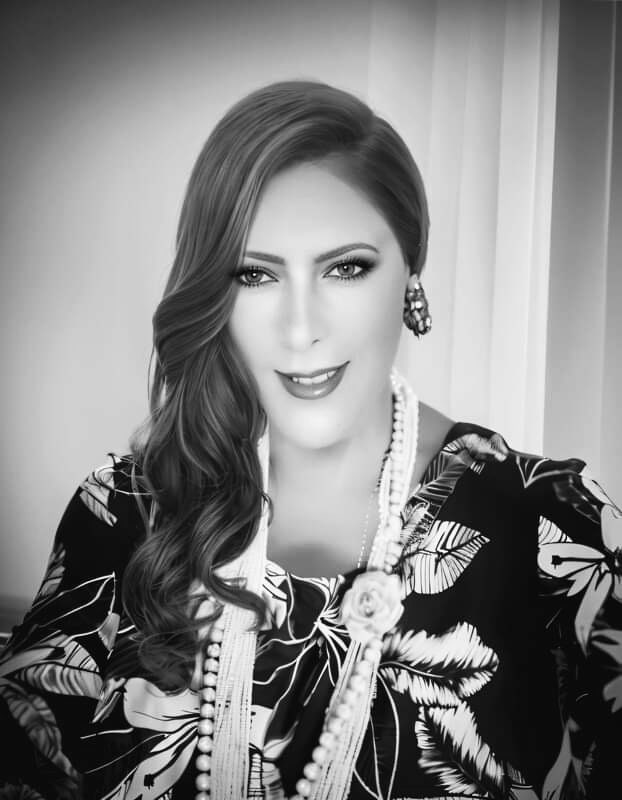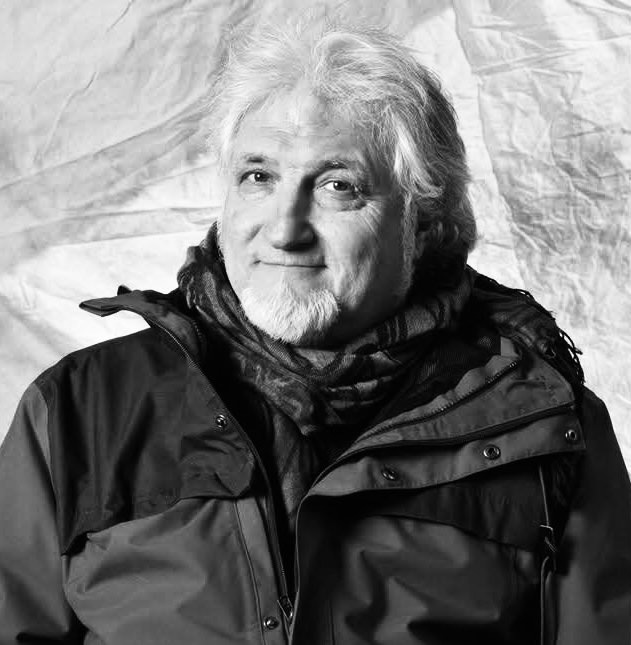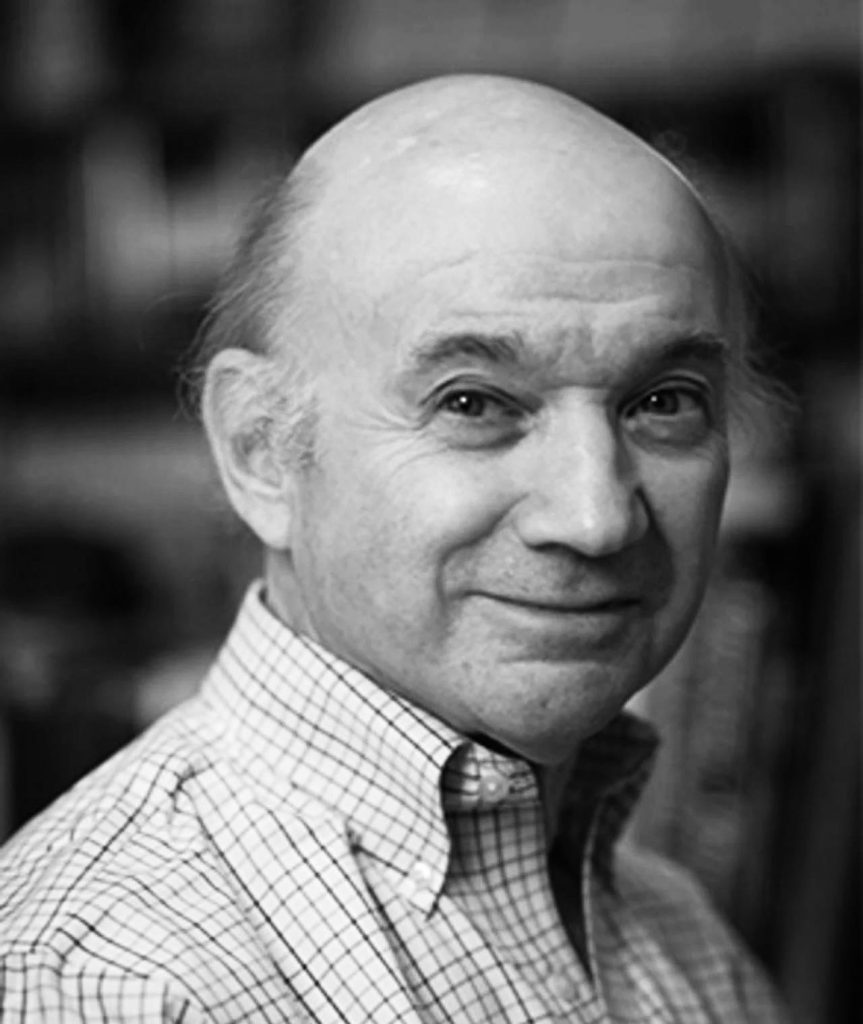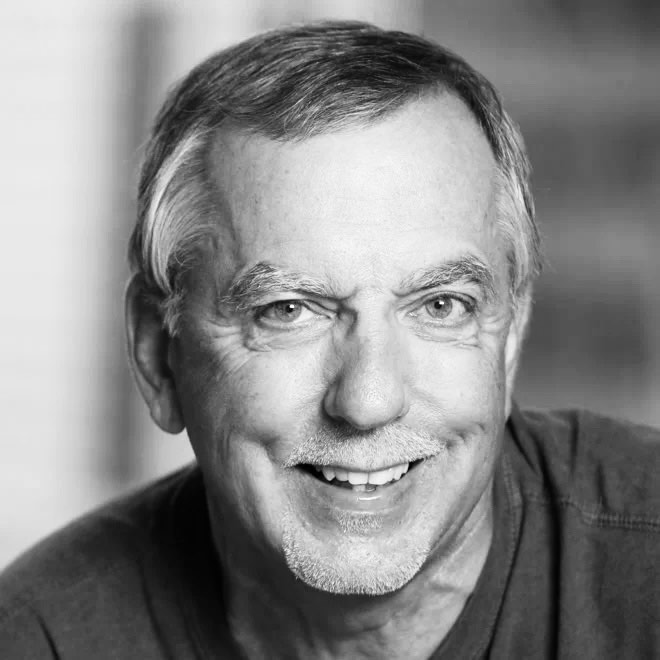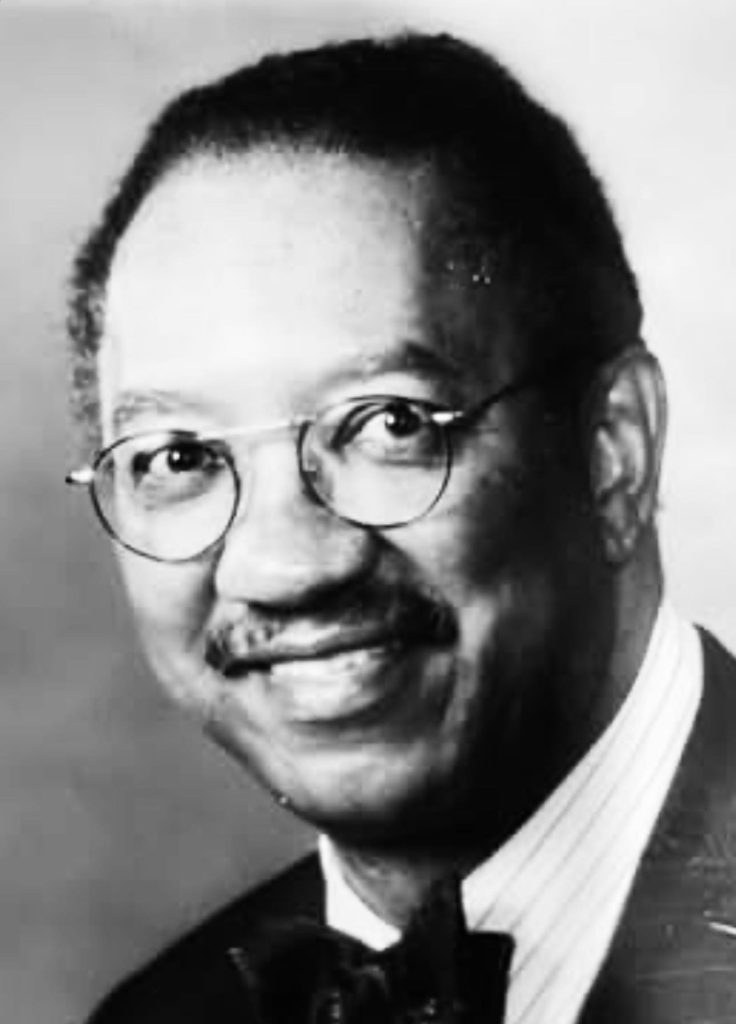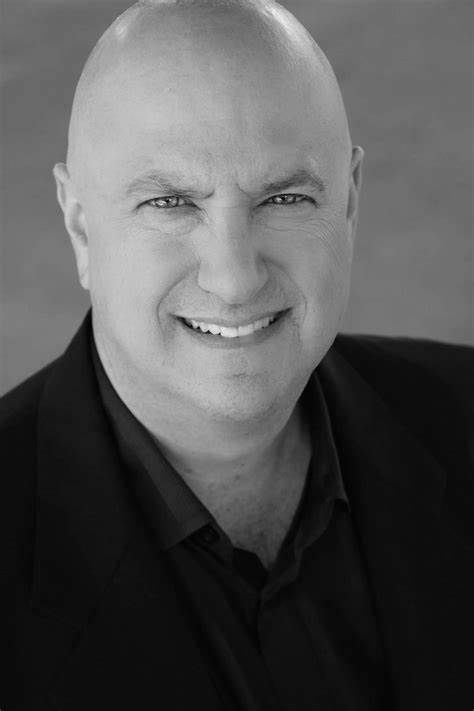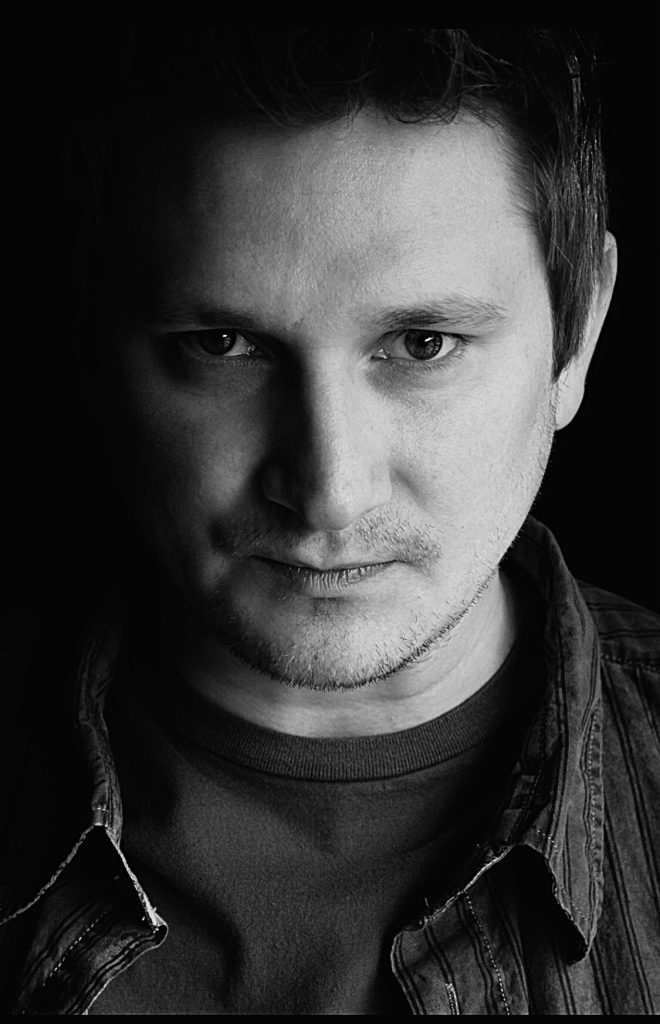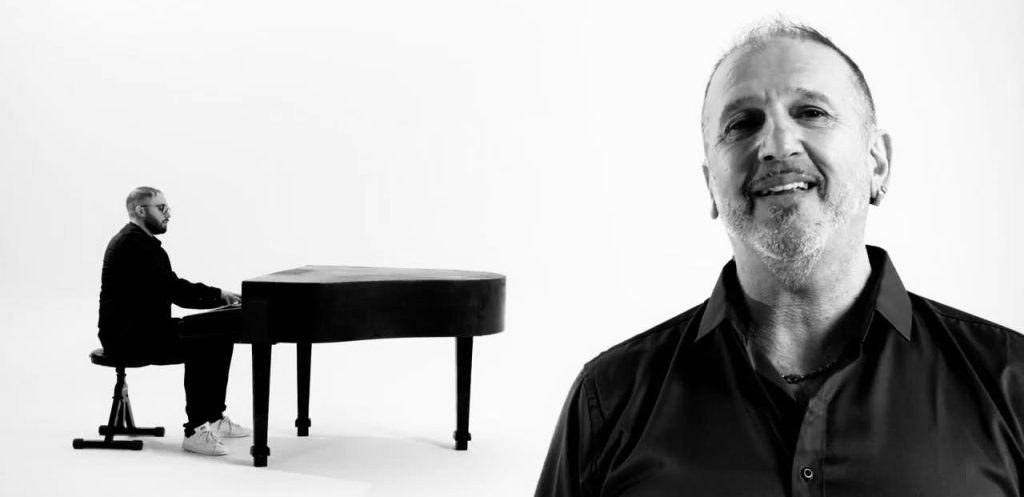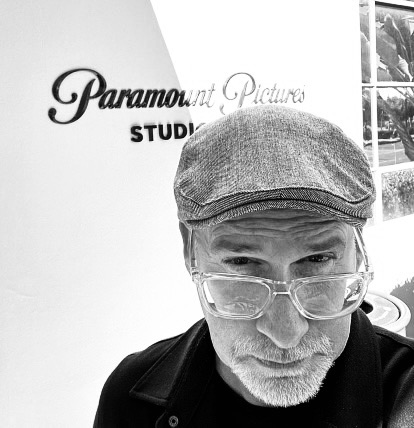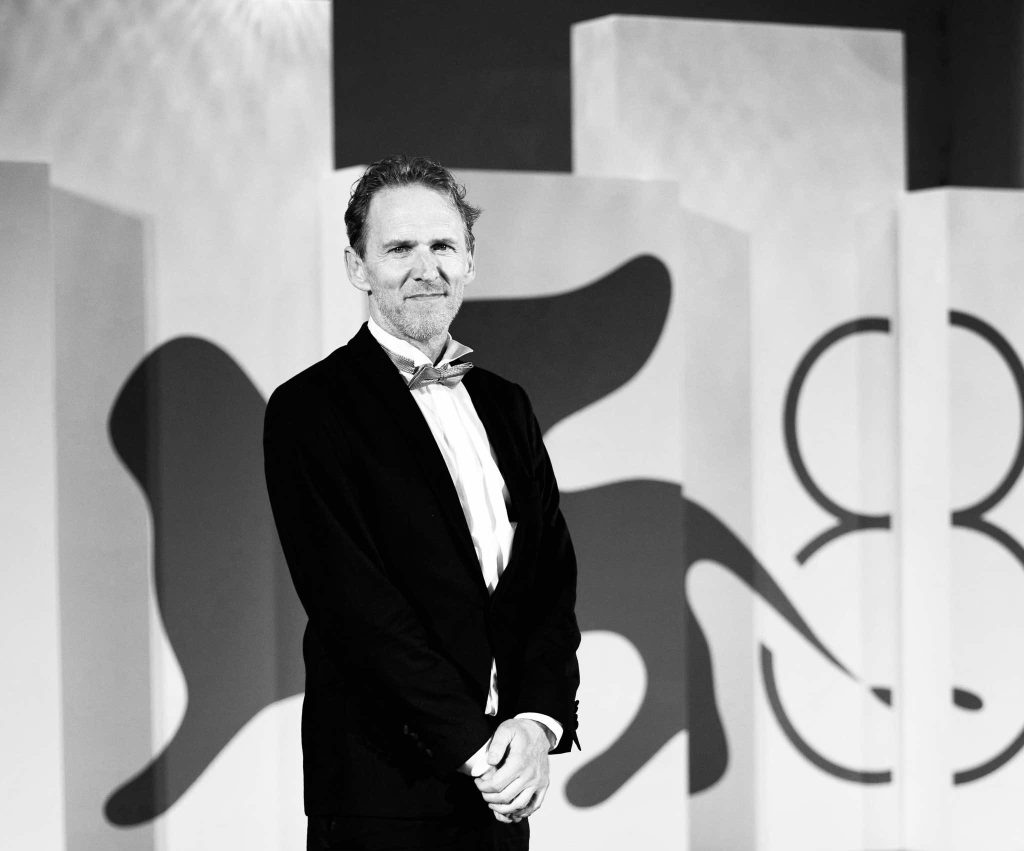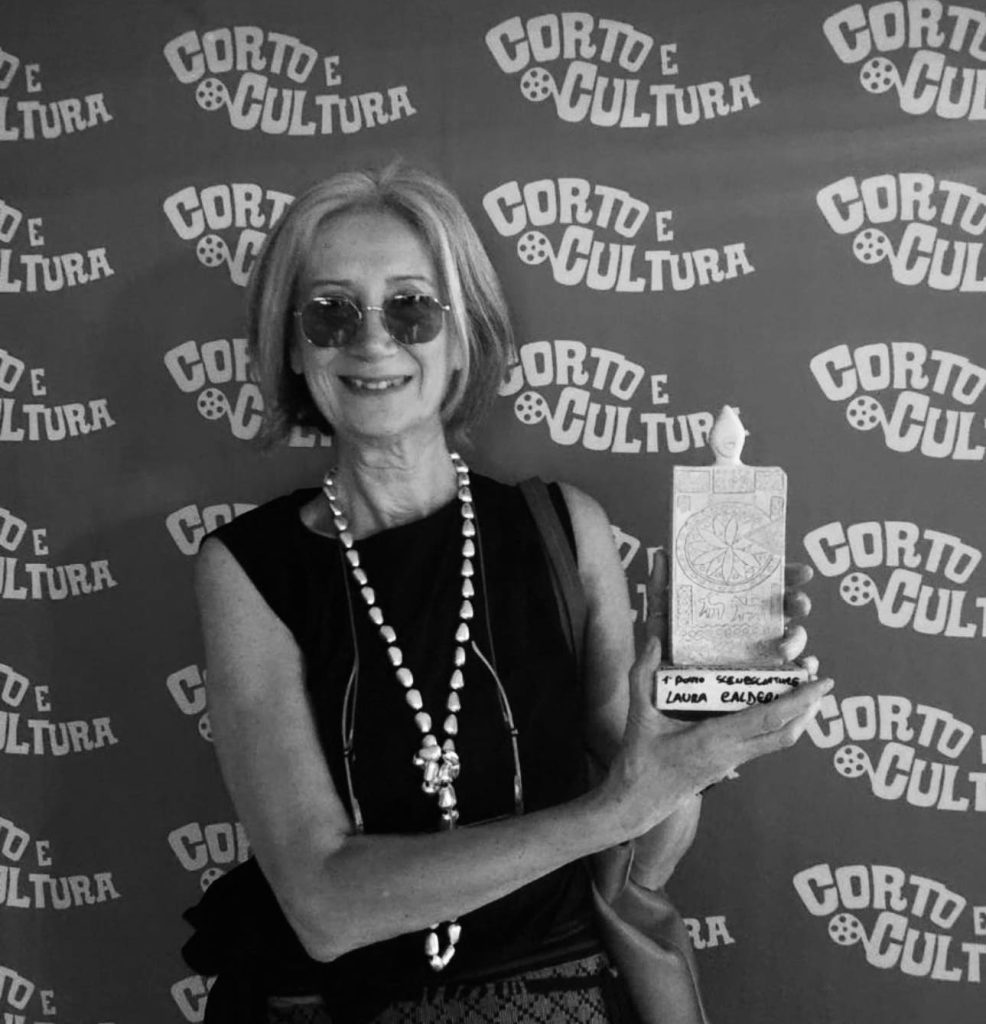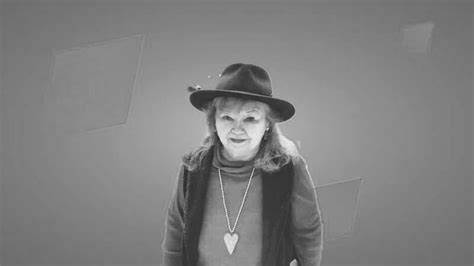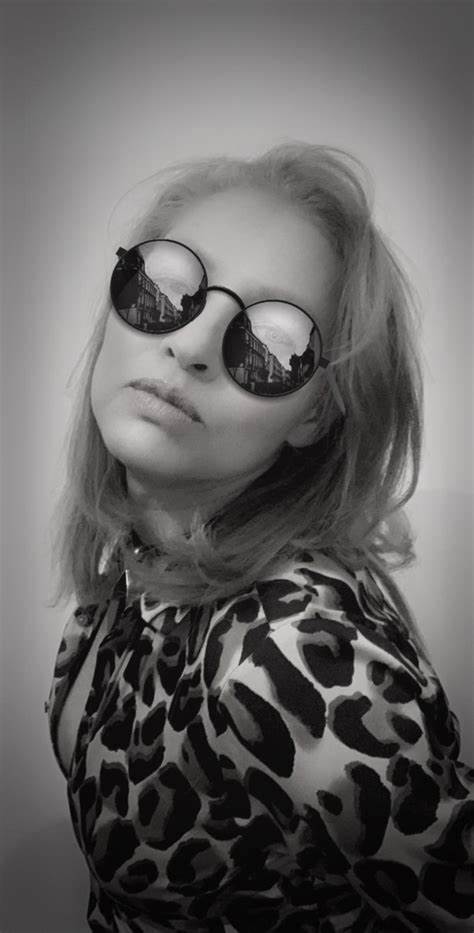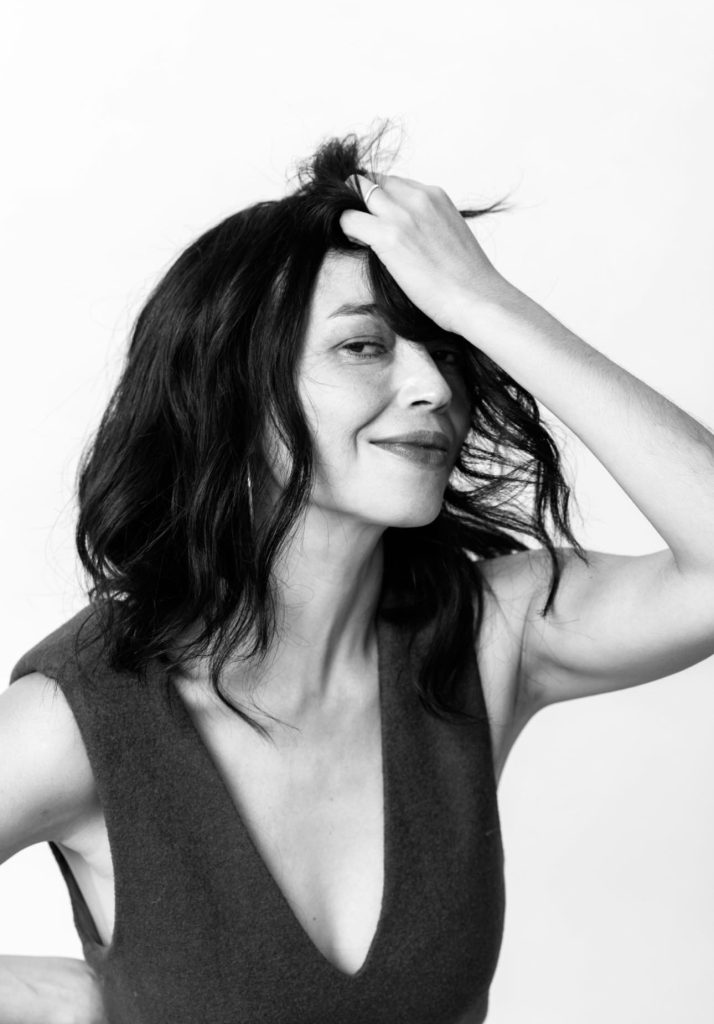
-Who is Iazua Larios?
I suppose I am a collage of experiences, like everyone. So I’ll tell you some: I grew up by the sea, skipping class to go to the beach close by the school with my bicycle. At the time I was living on a small island with no television at home, so I was doing my own story tales playing with nature, books, and toys . To go to the closest cinema we had to take a ferry to cross the ocean to the big city. There, I watched for the first time the big screen that left me breathless and full of emotions. Maybe that´s the beginning of this. And maybe the theater group who was rehearsing at my living room with my parents was an influence too. Today I am a mother and an artist.

-You’ve worked with great actors. Let’s start with the cast of Milarepa — what was it like working with Oscar winner Murray Abraham and Harvey Keitel?
With Mr. Keitel I had 2 or 3 scenes and it was a dream come true working with him, I have been a huge fan of his work since I was a teenager. I liked his way of working, he has a special mood to deliver words and emotions, I basically learn from him.
And Mr. Murray, well, he is my father in the movie and I found him to be such an amazing actor, very focused on the work, his presence was a lot already. His energy was something incredible to play with during the scenes, with an energy like that you can definitely be creative in the present moment playing with characters. I was obviously a little nervous to work with two incredible actors like them.
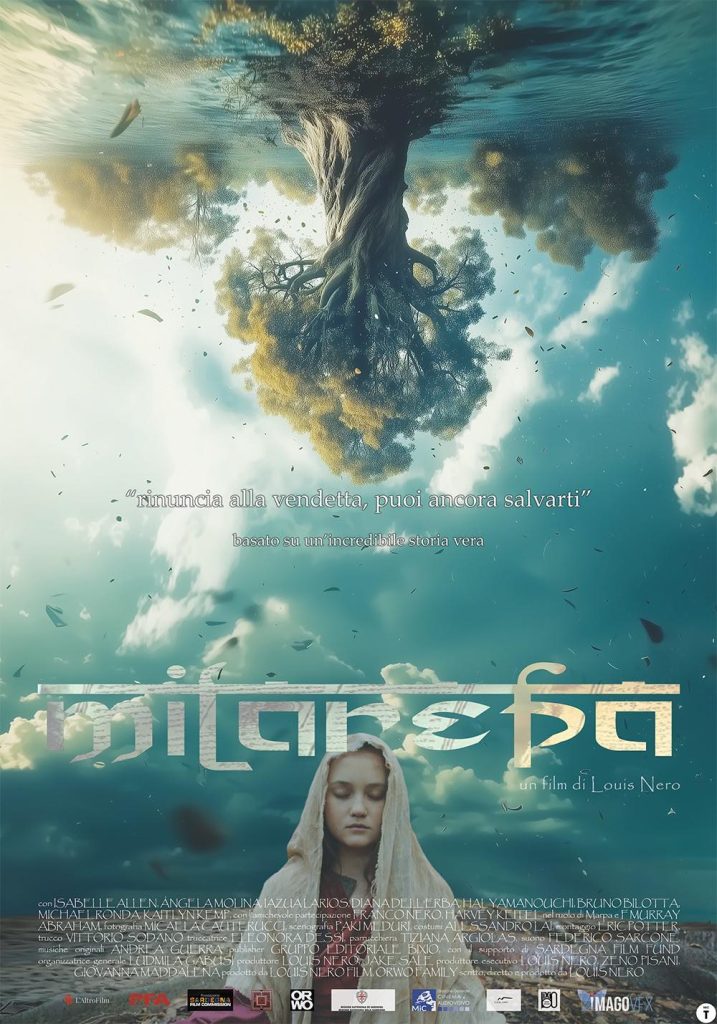
-How did you meet Louis Nero?
I didn’t know him. He ask me for a casting (a very long one in fact haha)
I was on vacation in Italy (Elba Island) and a request for a casting arrived, I made a selftape. I normally do a lot of castings (like every actor), But this one was special, I loved the texts, those words made my imagination fly. I was really hoping to get the character because I was already enchanted with the story I knew only from the extracts of the casting, and fortunately I did get it. And then I met him in a video call before the shooting of the movie.
-What was it like working with Tim Roth?
Tim Roth has been an incredible colleague from whom I learn so much.
His humanity while working has left a mark on me forever. He is fun, and down to earth. I have seen that true artists are very down to earth. He has worked with every director I admire in films, so his conversations about work were delightful.
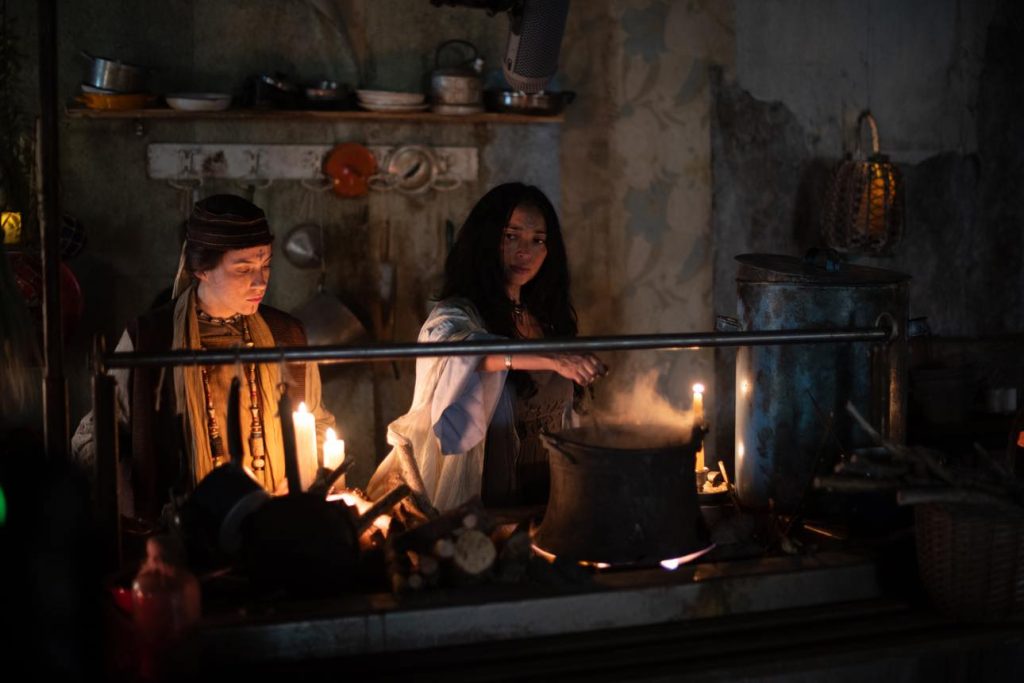
-What would you change about the world?
Right now the world is going crazy. Bombs, hunger, injustice, are horrible. Nothing of that comes from a good place, you can watch that with my character in Milarepa, Daka is sick of sadness, hate and revenge. From those feelings is where racism and wars come from. I would change so many things. But I can only start with myself and the people who surround me, live with peace and conscience. Be aware of what’s happening in the world and not in a little bubble of privilege, and do something about it at least with little steps, films can be one of those little steps.
-How do you imagine cinema 100 years from now?
Good question, to be honest i Have never thought about that. I won’t be here for sure.
The other day I watched a chapter of a TV series where an actor was going inside an old movie with the help of technology, so the actor was living for real inside that old movie interacting with the old actors and the fictional reality. It made me think.
Or maybe movies will be projected in strange places, like the clouds, and you fly in aerostatic balloons to watch. Who knows.
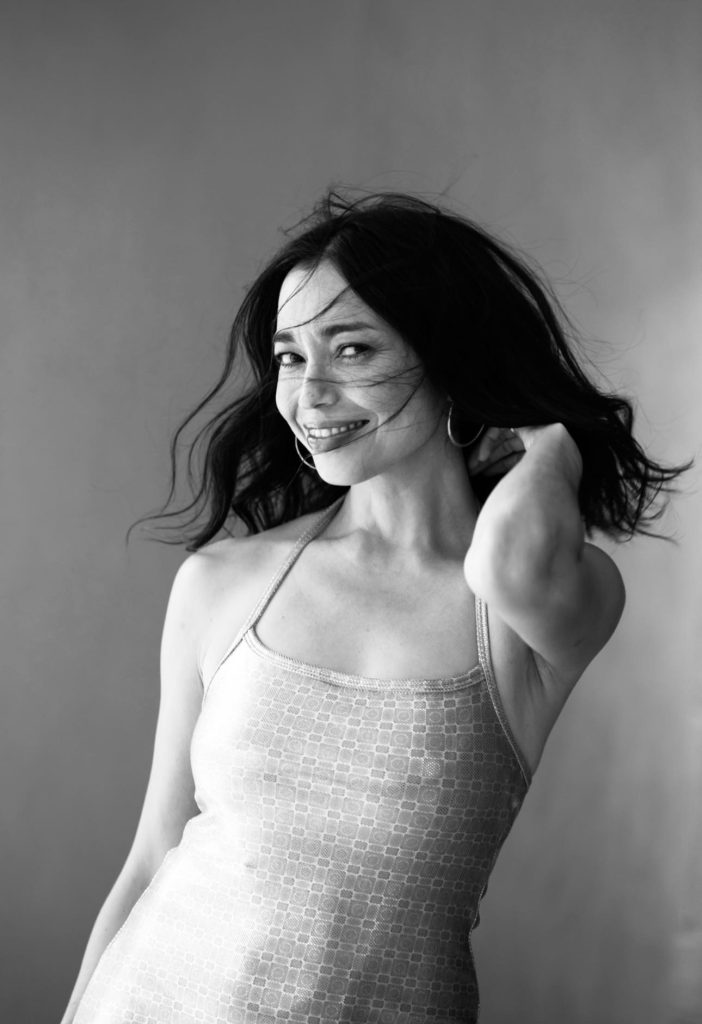
-What’s your impression of WILD FILMMAKER?
It is an important platform to connect visions in the language of cinema, to share creative experiences. To give space for independent voices coming from every corner of the process of doing a film. I am happy to do this interview in such a cool magazine, thanks for the space.


